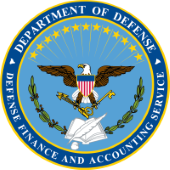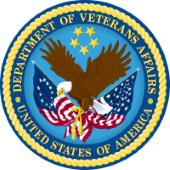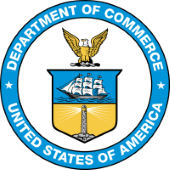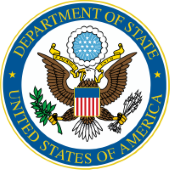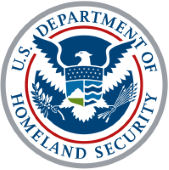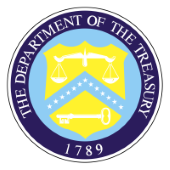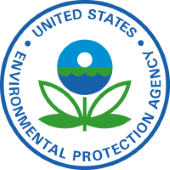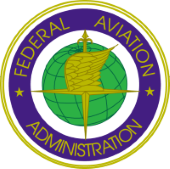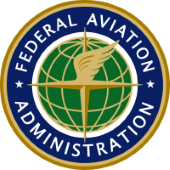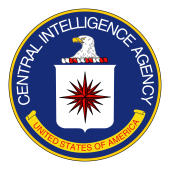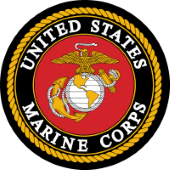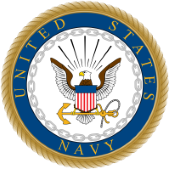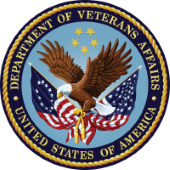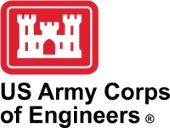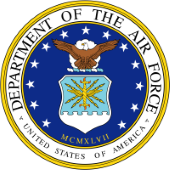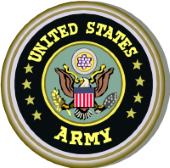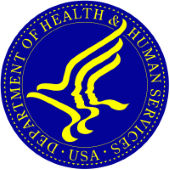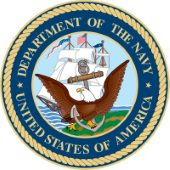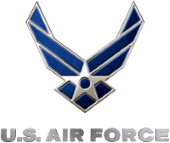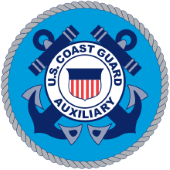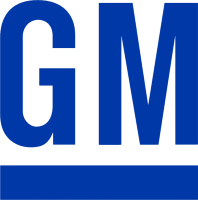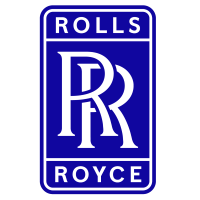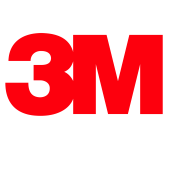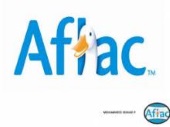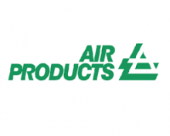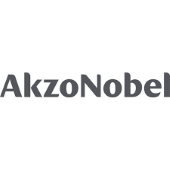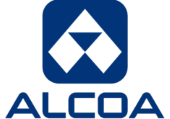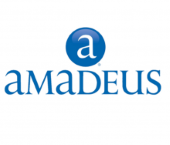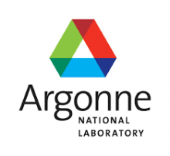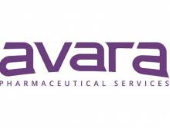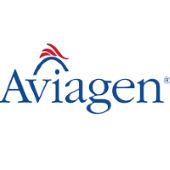|   |
|
ABSTRACT 1
Be Brave, Be Bold, Break Barriers!Keywords: Change Management, Evolution, Risk Analysis This motivational session examines life’s challenges and the pursuit of excellence across academics, athletics, careers, and personal relationships. The presenter has recognized that whatever the endeavor at hand, there are a range of approaches from conservative, to moderate, to extreme risk-taking. This The decision may depend on an individual’s risk appetite, tolerance, and threshold. It would also consider the risk & reward factor, as there is a tradeoff: desire for safety minimizes gains while pursuit of maximum gain will include higher risk. Changing behavior is itself a risk, the fear of the unknown. Most of us are creatures of habit, which is a good thing if the habit is daily workouts. Not so much if the habit is smoking cigarettes. If we wish to convert from bad habits to good, we need motivation, the penultimate “what’s in it for me?” We may suggest there is a cost-benefit analysis involved, which should consider both tangibles and intangibles. The presenter will utilize a combination of slideshow presentation, roundtable discussion, interactive exercises, and storytelling to highlight valuable lessons learned from the following adventures, all gained after age 50: • Earning a M.S. in Industrial & Systems Engineering • Completing a 42 miles solo-backpacking trip, in 80 degree & 80% humidity weather • Conquering Whiteface Mountain in sub-freezing temperatures, snow, and wind • Running his first marathon in 2023 | NETWORKING Earth to Earth Sustainable Supply ChainsKeywords: Sustainable Supply Chains, End-To-End Supply Chains (E2E SC), Corporate Social Responsibility (CSR) The facilitator suggests we have evolved from the concept of end-to-end supply chains (E2E SC) to Earth-to-Earth, as the start and end point of EVERY supply chain is our planet. Every supply chain starts with the extraction (mining, harvesting, etc.) of raw materials. Every supply chain ultimately ends with waste disposal. Thinking in these terms prioritizes the need to engage in proactive sustainable processes. The facilitator will moderate discussion centered on these primary points of discussion:
|
ABSTRACT 2
Design for Total Productive Maintenance (DFTPM)Keywords: Engineering Design, Preventive Maintenance, Design for "x" Have you ever tried to perform a seemingly simple auto repair, only to discover it requires special tools or the need to put your car on a lift? How many times has your computer slowed or crashed, resulting in endless hours on the phone or the need to bring it to a shop? Have you ever had to ask your kids, or grandkids, to help you reprogram the TV/VCR or restart an app on your smart device? This session will describe the value of design in developing products that the customer is able to conveniently and inexpensively service themselves. Participants will attain the following learning objectives: • Define and distinguish among the different types of maintenance (breakdown, preventive, predictive, etc.) • Understanding the role of engineering design in anticipating maintenance requirements • Appreciating the value-added approach of considering user-friendly repair (or not needing repair!) • Recognizing the conflict between extended product life cycles v. new product sales The facilitator will include case study examples from the automotive and health care environments. |
BIOGRAPHY
Michael FordPrincipal, TQM Works Consulting, Port Crane, NY, USA Michael D. Ford, M.S.I.S.E., CFPIM, CSCP, CLTD, CQA, CRE, CQE, ACPF, CPSM, CSSGB is an Earth-to-Earth Sustainable Supply Chain Expert with TQM Works Consulting. He provides innovative solutions, based on forty years of experience in retail, distribution, manufacturing, training, and consulting. His work history includes software implementation, business planning, inventory control, distribution planning, and corporate training. This includes a broad range of experience in manufacturing from engineer-to-order to make-to-stock, as well as distribution, non-profits, service, and Department of Defense. Ford has presented at over 400 industry events throughout the U.S., Canada, Japan, Nigeria, South Africa, Australia, Saudi Arabia, and United Arab Emirates. He has provided over 7,000 hours of classroom training, averaging 4.5/5.0 on evaluations. He has taught accredited and continuing education courses for multiple Penn State and State University of NY campuses. He has delivered on-site training at BAE, Lockheed Martin, IBM, Raymond Corp, Universal, Pfizer and many others. Ford has created online content using learning management systems (LMS) such as Blackboard, Angel, Canvas and Brightspace. He has facilitated live virtual training (LVT), asynchronous, and hybrid formats. He has authored scripts for online courses, journal articles, newsletters, and blogs. Ford combines his technical expertise with personal skills, to develop a unique “outside the box” approach to life’s challenges. He is a charismatic speaker who specializes in delivering training that is “edu-taining.” |

